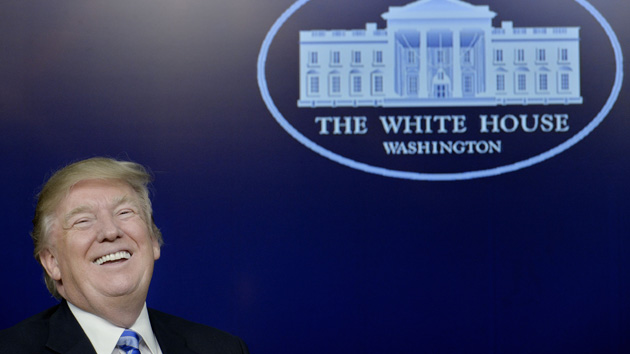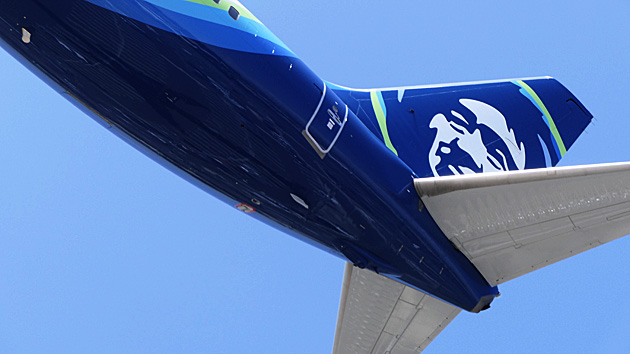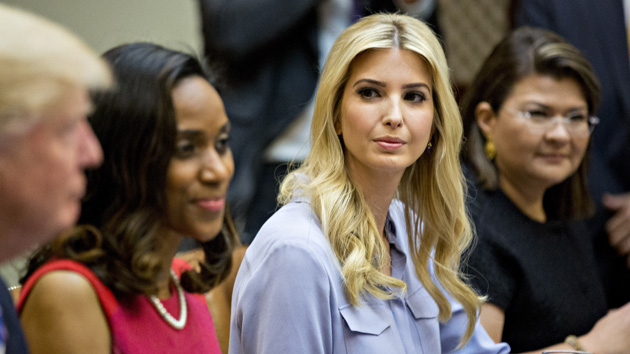The blog has been heavily Trump-centric today, but what can you do? When it rains, it pours. This evening brings us yet another story based on dozens of interviews with Trump’s closest advisors, most of whom are apparently willing to make their boss look like a doofus.
But tonight’s piece is actually about Steve Bannon, the slovenly, hardline Cardinal Richelieu of the White House who hates illegal immigrants and is working in the long-term to foment a final showdown between the Christian West and the Islamic Middle East. He’s at war with factions in the West Wing who don’t especially share his zealotry, and Trump himself suggested this week that his position was a little dicey:
The president’s comments were described by White House officials as a dressing-down and warning shot, though one Bannon friend, reflecting on them Wednesday, likened Bannon to a terminally ill family member who had been moved into hospice care.
….Bannon’s supporters believe he is an essential conduit between Trump and his nationalist, populist base. The wealthy Mercer family, which has nurtured Bannon’s political rise and infused Trump’s campaign and allied groups with millions of dollars, is closely monitoring Bannon’s falling fortunes. Rebekah Mercer, who directs the family’s political activities, is unnerved and worried about losing her best link to a president her family takes credit for helping get elected but believes Bannon will be able to maintain his influence, people close to the family said.
….As tensions have heightened in recent weeks, the Bannon and Kushner camps have devolved into opposing firing squads. Team Bannon believes the hosts of MSNBC’s “Morning Joe,” a show the president watches regularly, are speaking regularly with Kushner and projecting his anti-Bannon sentiments. Kushner allies, meanwhile, finger Bannon as responsible for unflattering stories involving the president’s son-in-law, including those focusing on Kushner’s talks with Russians.
There are factions in every White House, but Trump’s factions sound far more like a bunch of squabbling first-graders than most. “You’ve been bad-mouthing me to Joe!” “Yeah, well, who leaked that Russia stuff to the Times?”
Unfortunately, the story ends with this:
For Trump, one bright spot was the decision to launch 59 missiles in Syria last week. The president was pleased with the process, overseen by national security adviser H.R. McMaster, that brought together his war cabinet and corralled its expertise in a way that resembled a more traditional White House.
“He’s in the best place that I’ve seen him since the inauguration,” Barrack said. “He’s confident. He thinks he’s found the groove, and with his team too. . . . He looks great. His energy level is off the map. And I think he now feels the commander in chief role.”
Great. It would be nice to have a president who felt terrible about launching missiles, even if he felt that it had to be done. But not Trump. It was the only bright spot in his week.











